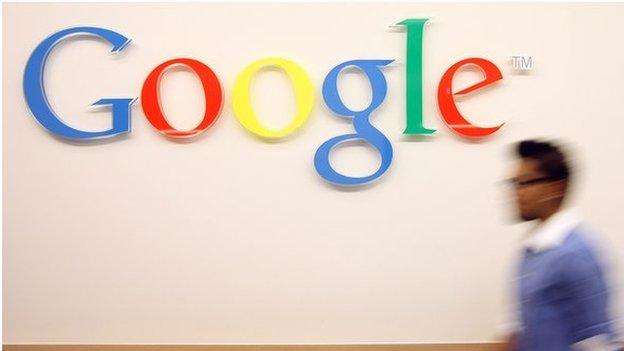Wikipedia link hidden by 'right to be forgotten'
- Published
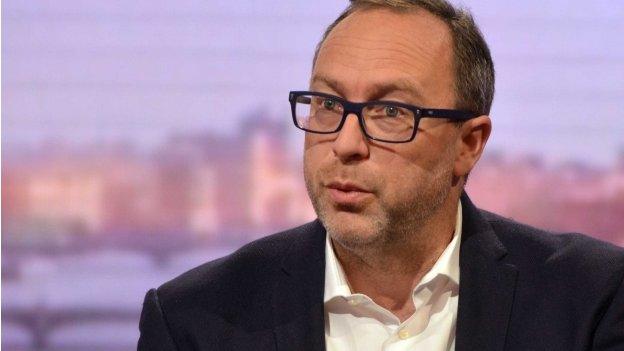
Jimmy Wales had previously voiced his opposition to the right-to-be-forgotten ruling
A Wikipedia entry has been removed from certain Google search results, under the new EU "right to be forgotten" law.
The landmark ruling, passed in May, allowed Europeans to ask for links to "irrelevant" and outdated personal data to be removed from search engines.
The Wikipedia incident, first reported in The Observer, external, marks the first time an entry on the online encyclopaedia has been targeted, the BBC understands.
Wikipedia founder Jimmy Wales has expressed his opposition to the law.
The "right to be forgotten" ruling has been the subject of much controversy since the decision by European Union Court of Justice (ECJ).
While the law has been welcomed by some privacy advocates, many groups have said it contravenes the right to free speech, with some even calling it censorship.
Last week, the Lords Home Affairs EU Sub-Committee said it was wrong to give search engines such as Google the job of deciding what should be removed, and called the law unreasonable.
More than 90,000 removal requests have been received by Google in the months since the law was imposed, and other search engines, such as Bing, have also implemented procedures to accept public requests.
In July, an article written by the BBC's Robert Peston was removed from Google search results, and links to articles on the Guardian, Telegraph and Independent news sites have also been taken down.
Jimmy Wales, the founder of Wikipedia, has long expressed his concerns about the "right to be forgotten".
Speaking on the BBC Radio 4 Today programme in July, Mr Wales said: "The law as it stands right now is quite confusing.
"We have this one ruling of the ECJ which is very open-ended and very hard to interpret.
"I would say the biggest problem we have is that the law seems to indicate Google needs to censor links to information that is clearly public - links to articles in legally published, truthful news stories.
"That is a very dangerous path to go down, and certainly if we want to go down a path where we are going to be censoring history, there is no way we should leave a private company like Google in charge of making those decisions."
- Published13 May 2014
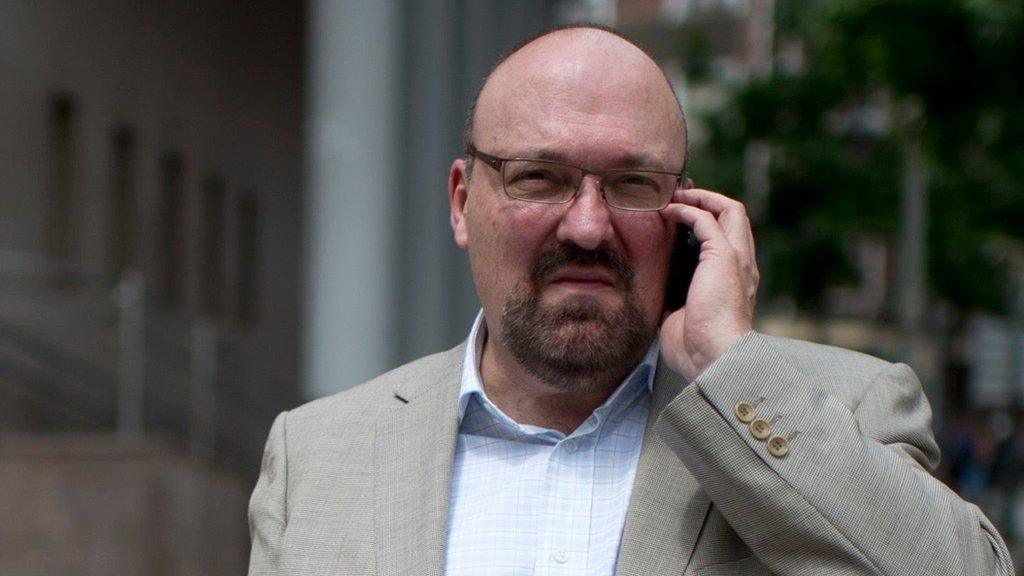
- Published2 July 2014
- Published15 May 2014
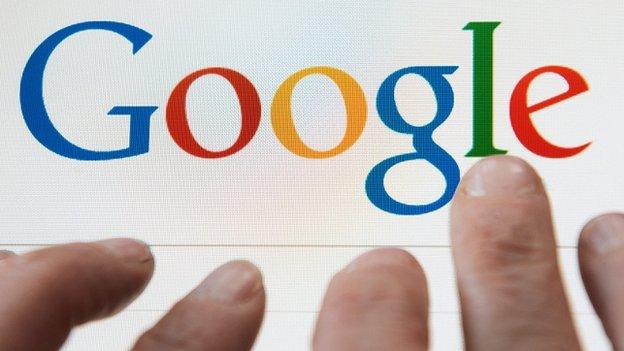
- Published17 July 2014
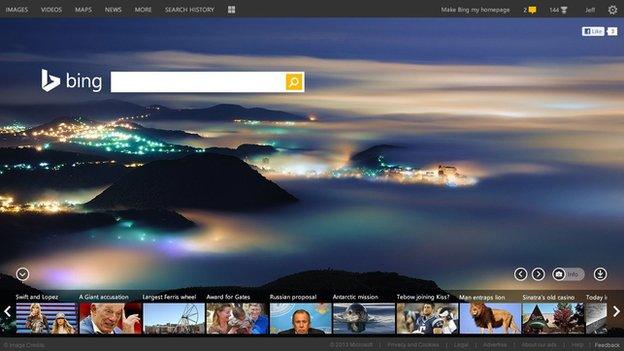
- Published14 May 2014
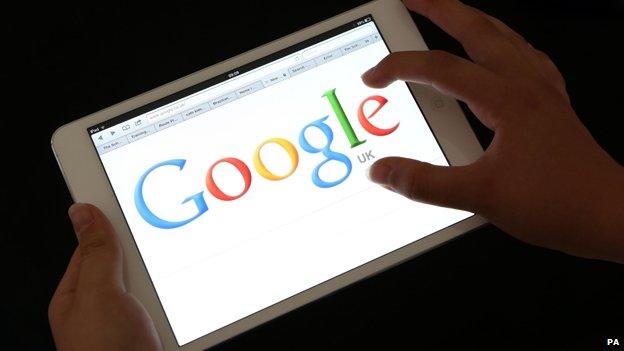
- Published13 May 2014
